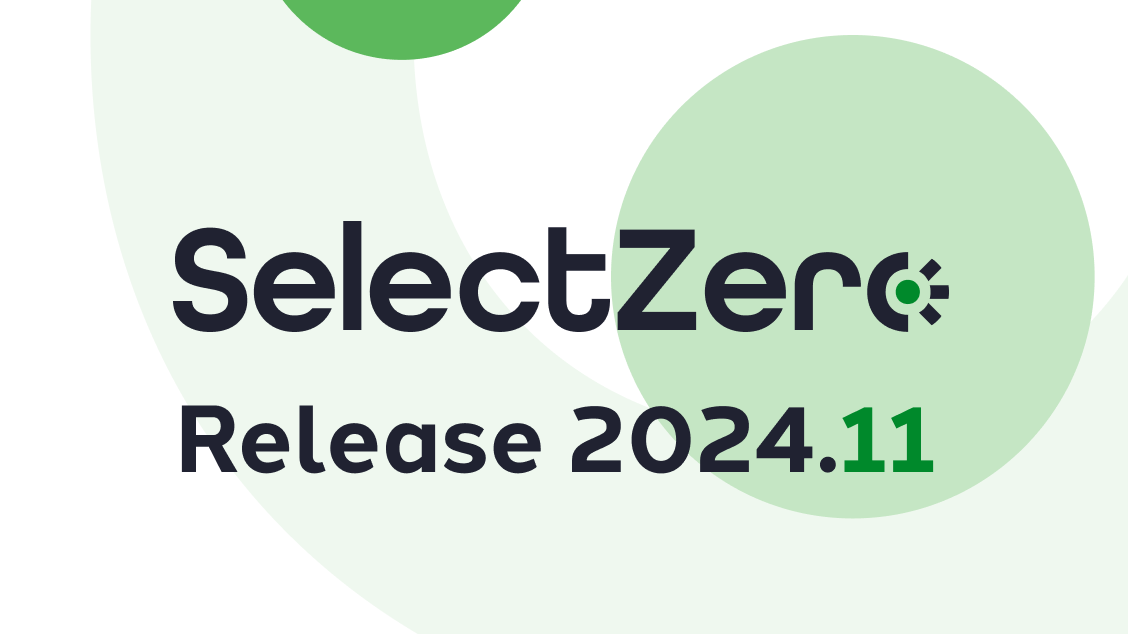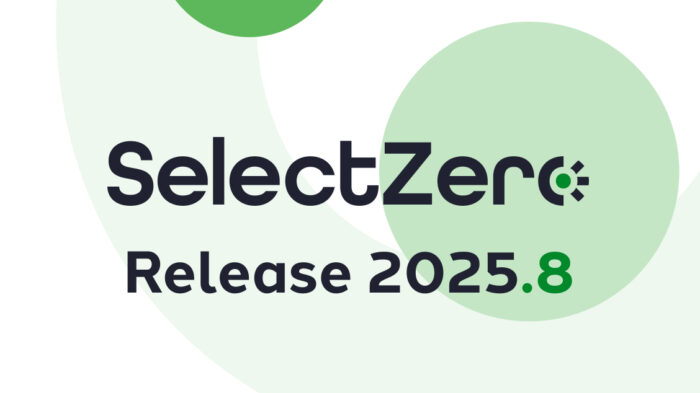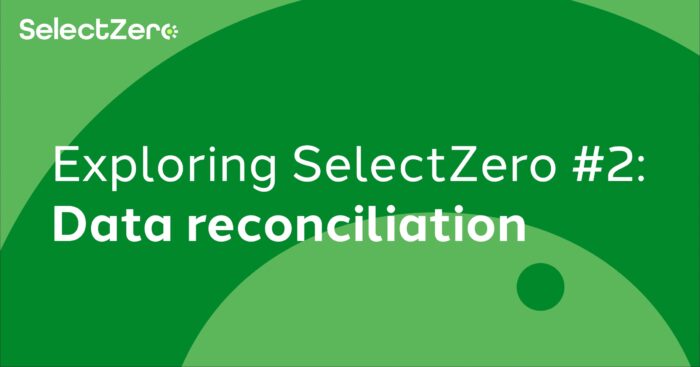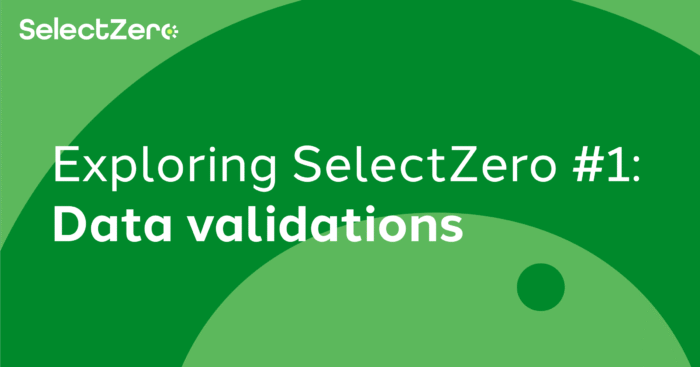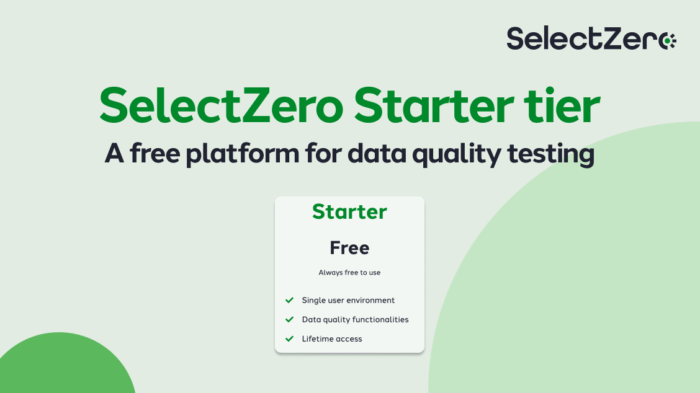Custom attributes
Enhance your platform flexibility by defining custom fields for any glossary term or test case. With this new feature, you can capture the unique details and nuances that matter most to your organization, ensuring a fully personalized approach to data observability.

Automated data lineage
Simplify the complexity of tracking data flow with automated parsing of relations directly from SQL logs. This feature empowers you to uncover dependencies and trace data lineage effortlessly, giving you complete visibility and confidence in your data ecosystem.

Data quality scores for lineage objects
Gain instant insights into data quality with scores available for every table and column in your lineage. Simplify root-cause analysis and quickly identify propagated data quality issues, enabling proactive resolutions and trust in your data at every step.

File storage for CSV and Excel files
Easily upload and organize CSV and Excel files with support for custom directories in local storage. This feature streamlines data management for flat files, making it effortless to catalog and get overview of your data.
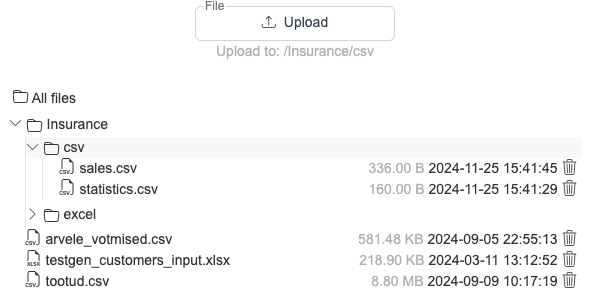
Profiling values in AI assistant
Leverage profiled values in our AI assistant to unlock more accurate and context-aware suggestions for data validations. This enhancement ensures a broader range of recommendations tailored to your data, allowing you to maintain quality with confidence and precision.
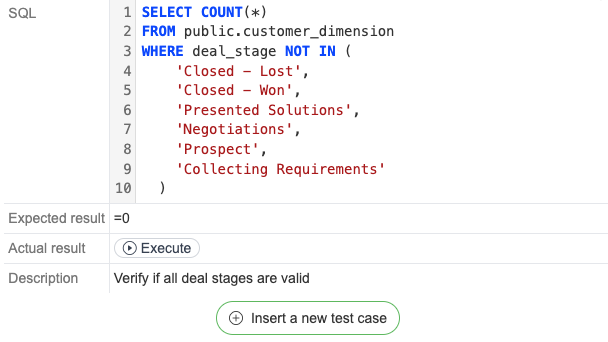
Custom metadata upload
Seamlessly integrate metadata from any data source into your data catalog. This feature provides a comprehensive overview of every data asset and enables end-to-end lineage visibility, giving you deeper context and enhanced control over your data.
Mass actions for business glossary
Save time and effort with the ability to add or update attributes for multiple glossary terms in bulk. This ensures efficient management of your business glossary, helping you maintain consistency and accuracy across your data terminology.
Custom directed relation types
Take control of your glossary relationships with the ability to define directional relation types. This new feature allows you to create more advanced and relevant connections between glossary terms, enhancing clarity and depth in your data relationships.

BCBS 239: How Data Observability helps to meet regulatory compliance
Following the 2007–2008 global financial crisis, it became painfully clear that many of the largest global financial services firms did not have the tools, methodology or data governance principles needed to accurately measure their risk [...]
Release 2025.10
Personalised dashboards SelectZero now allows users to create fully customizable data quality dashboards with flexible layouts, visualizations, and content. Dashboards can include Test Suites, Reports, Business rules, or individual Data Objects, and are role-based to [...]
Release 2025.8
BI tools integrations (Tableau, Power BI) You can now connect Tableau and Power BI (Power BI Service) as datasources, enabling access to report metadata and automatically mapping lineage from reports to their underlying datasources. [...]
Exploring SelectZero #2: Data reconciliation
In this short video we will walk through how to create data reconciliation checks between multiple databases. With SelectZero’s data quality platform, you can define and run data comparisons to detect discrepancies like missing [...]
Exploring SelectZero #1: Data validations
In this short video we will walk through how to validate data directly in a data warehouse using SQL. With SelectZero’s data quality platform, you can define and run quality checks that catch critical [...]
SelectZero free Starter tier
Over the years we have met with hundreds of members from different data teams to discuss their needs and use cases involving Data Observability. To this day, one of the most common ways engineers and [...]

